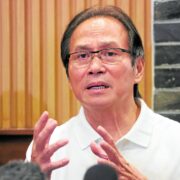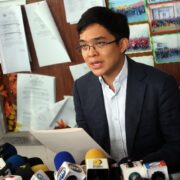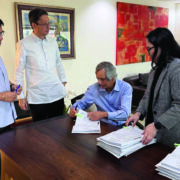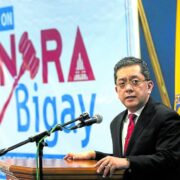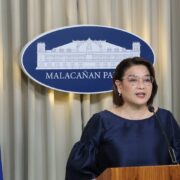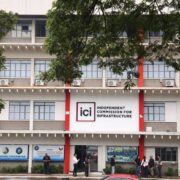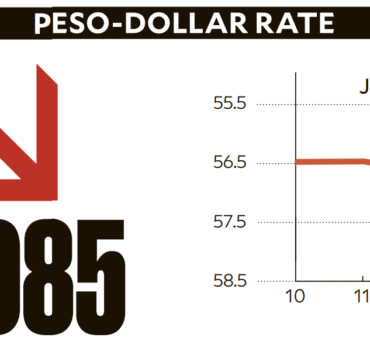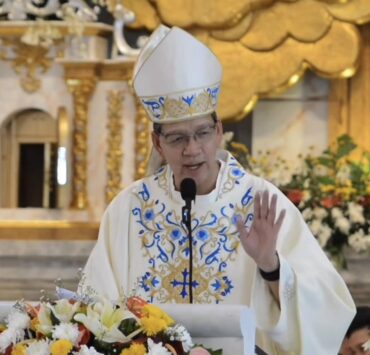Cordillera autonomy pushed anew
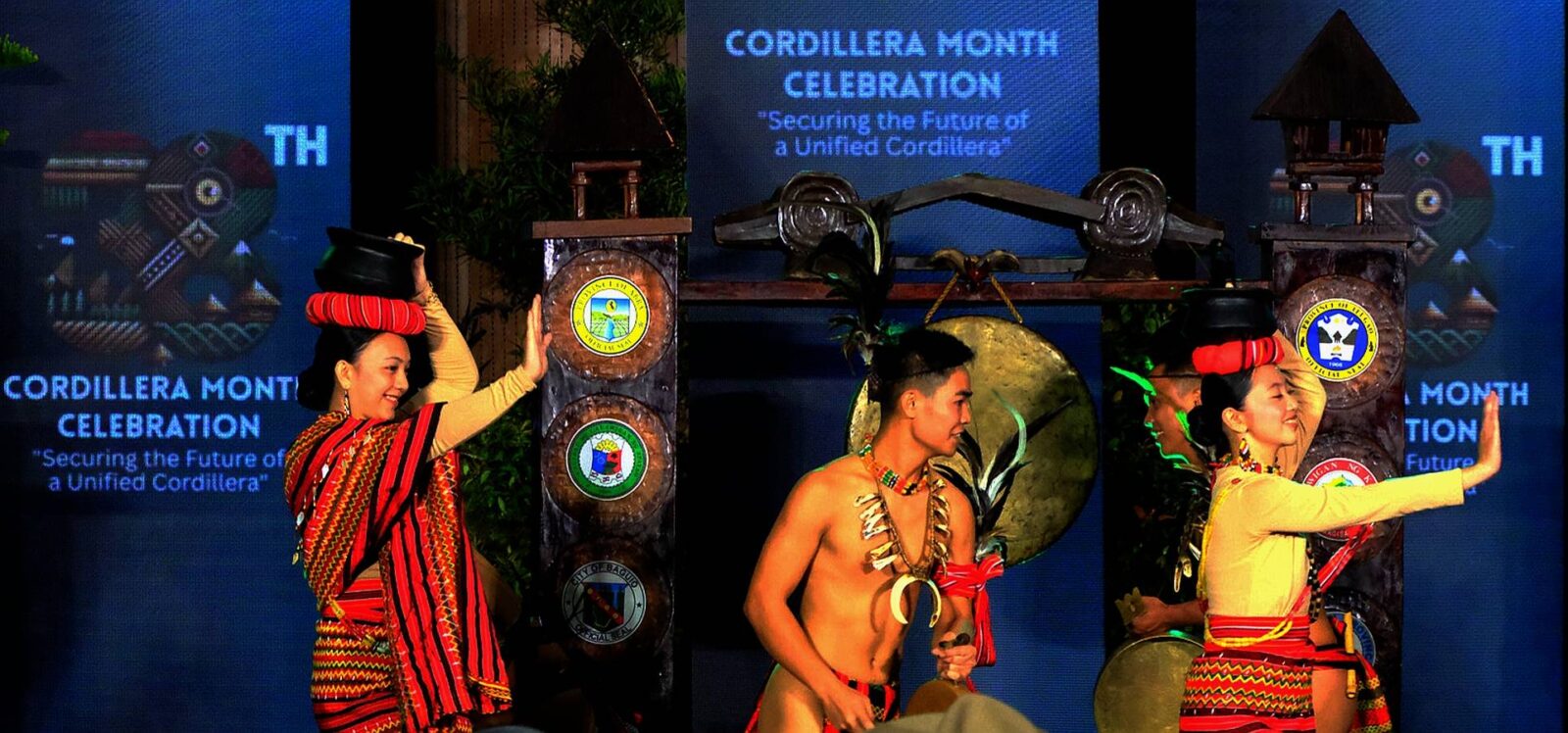
BAGUIO CITY—The pursuit of Cordillera autonomy will once again be a priority in the congressional agenda of the region’s lawmakers, Baguio Rep. Mauricio Domogan said during the Cordillera Administrative Region’s (CAR) founding anniversary celebrations on Tuesday, asserting that fulfilling this constitutional mandate achieves “intergenerational justice.”
Formed by then President Corazon Aquino a year after the 1986 Edsa People Power Revolution, Baguio and the provinces of Ifugao, Kalinga, Abra, Apayao, Benguet and Mountain Province became the CAR—Luzon’s largest cluster of indigenous Filipino communities.
Aquino brought together these provinces by signing Executive Order No. 220 under a revolutionary government shortly after initiating peace talks with slain rebel priest Conrado Balweg.
The region was also promised an autonomous government, alongside Muslim Mindanao, under the 1987 Constitution.
Fiscal viability
However, House Bill No. 3267—the latest autonomy measure in Congress—was stalled in 2023 after the national government admitted it could not afford the P75-billion “block grant” required for an autonomous Cordillera while sustaining the economy amid a backdrop of global crises.
The House committee on appropriations received a document outlining the Cabinet’s financial concerns regarding HB 3267.
In a video message on Tuesday, Secretary Arsenio Balisacan, Department of Economy, Planning, and Development (DEPDev), said the government was conducting a “fiscal viability study” before the Cordillera autonomy initiative can move forward.
The study, commissioned by the Cordillera office of DEPDev, is a “crucial step in shaping Cordillera autonomy that is both feasible and transformative,” said Balisacan, who signed the white paper with the Cabinet’s finance officials.
“In the eyes of a skeptical few,” the push for Cordillera autonomy seemed to have run its course after two organic acts establishing the Autonomous Region of the Cordillera were rejected in the 1990 and 1998 plebiscites, Domogan said.
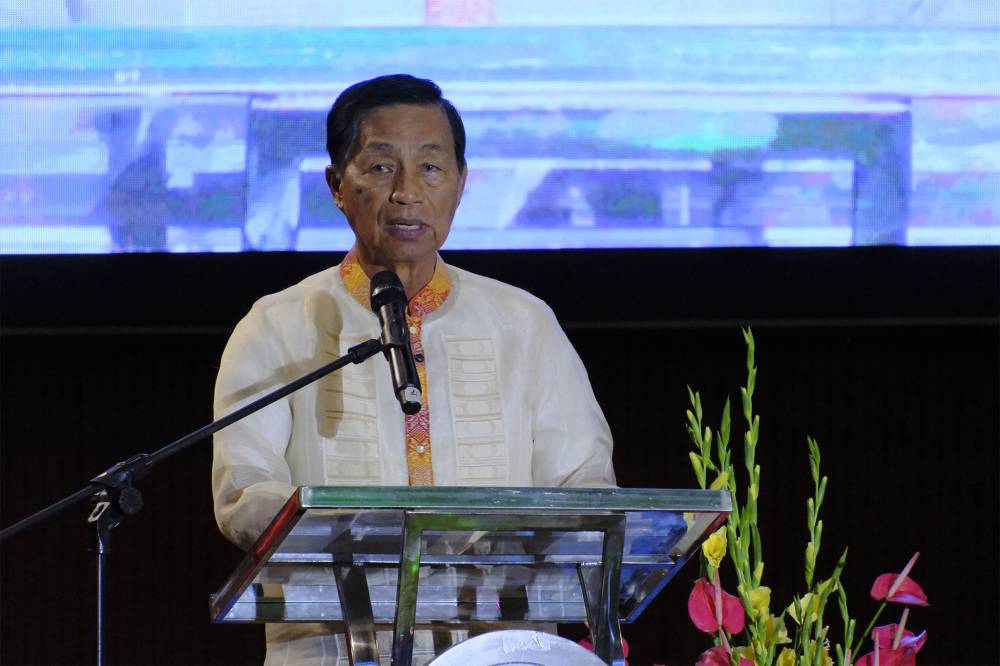
But subsequent autonomy bills, some of which Domogan had coauthored, show that generations of Cordillerans have not given up their “right to judge their future,” said the lawmaker, who returned to politics in this year’s midterm elections after serving as Baguio’s lone representative from 2001 to 2010 and as mayor from 1992 to 2001 and 2010 to 2019.
“Our form of autonomy is not a form of secession but of empowerment … It is not a form of rebellion but [a state of governance that promotes] peace and reconciliation … and it is not meant to divide but to strengthen unity,” Domogan said.
“Autonomy is not a foreign concept,” he added, but “our longing and deep desire to finally enhance and protect our cultural identity, to be given more authority to govern our affairs [and] manage and protect our ancestral lands and natural resources … [and to] advance and pursue sustainable development not merely for economic gain but for intergenerational justice.”
According to Domogan, Cordillera communities have existed “long before the ink was invented to inscribe our history and laws.”
EO 220 formed the transitional CAR not only to prepare it for autonomy but also to build and sustain its economy—an effort that has shown progress over nearly four decades, he said.
The region’s gross regional domestic product (GRDP) in 2024 was 4.8 percent, with its agriculture sector growing for the first time in decades at 1.1 percent. However, this marked a slowdown from the 6.9 percent GRDP recorded in 2023.
Cordillera’s inflation rate in June also continued a downward trend, falling to 2 percent from 2.5 percent in May—indicating stable commodity prices and healthy household consumption, according to Aldrin Federico Bahit Jr., Cordillera chief statistician, during a Monday economic briefing by the Philippine Statistics Authority.




